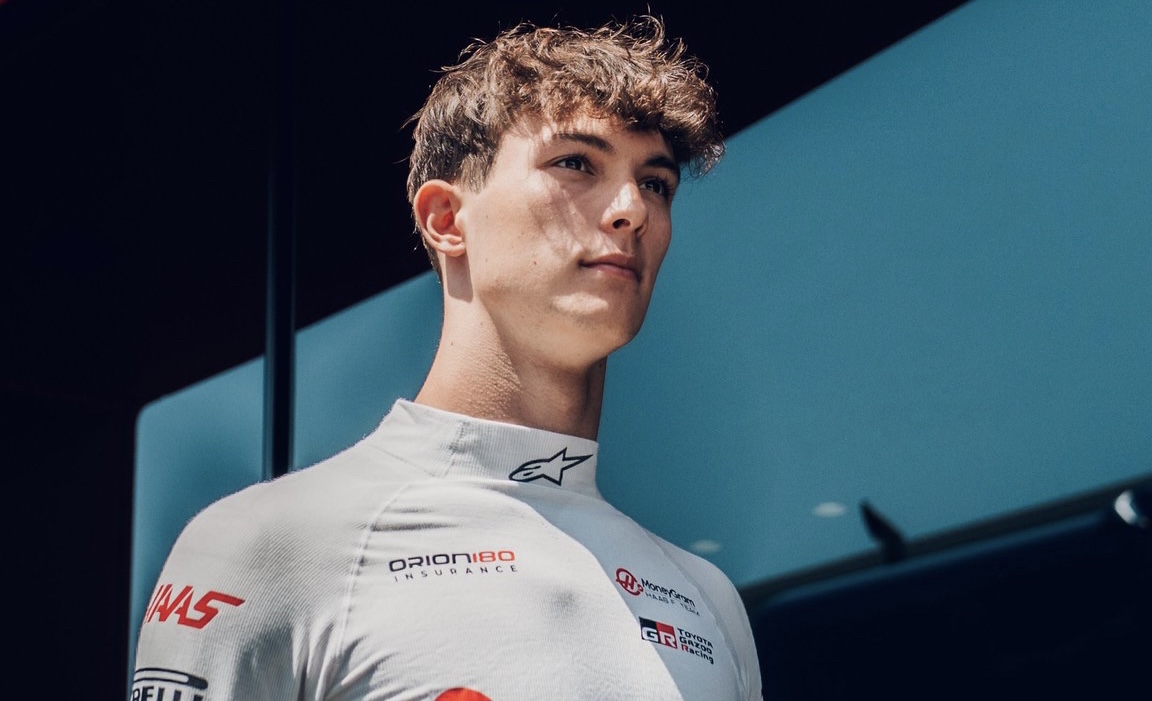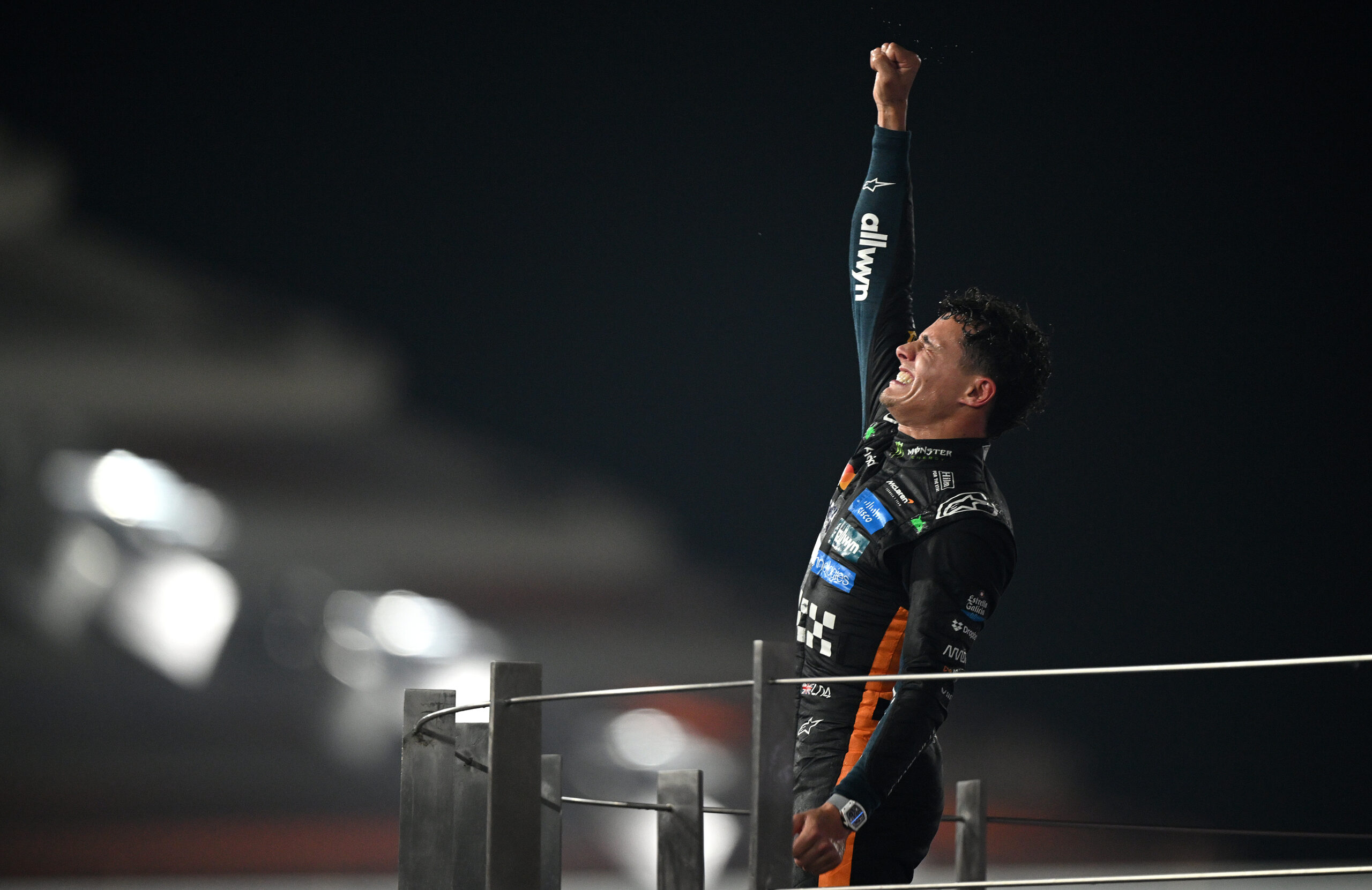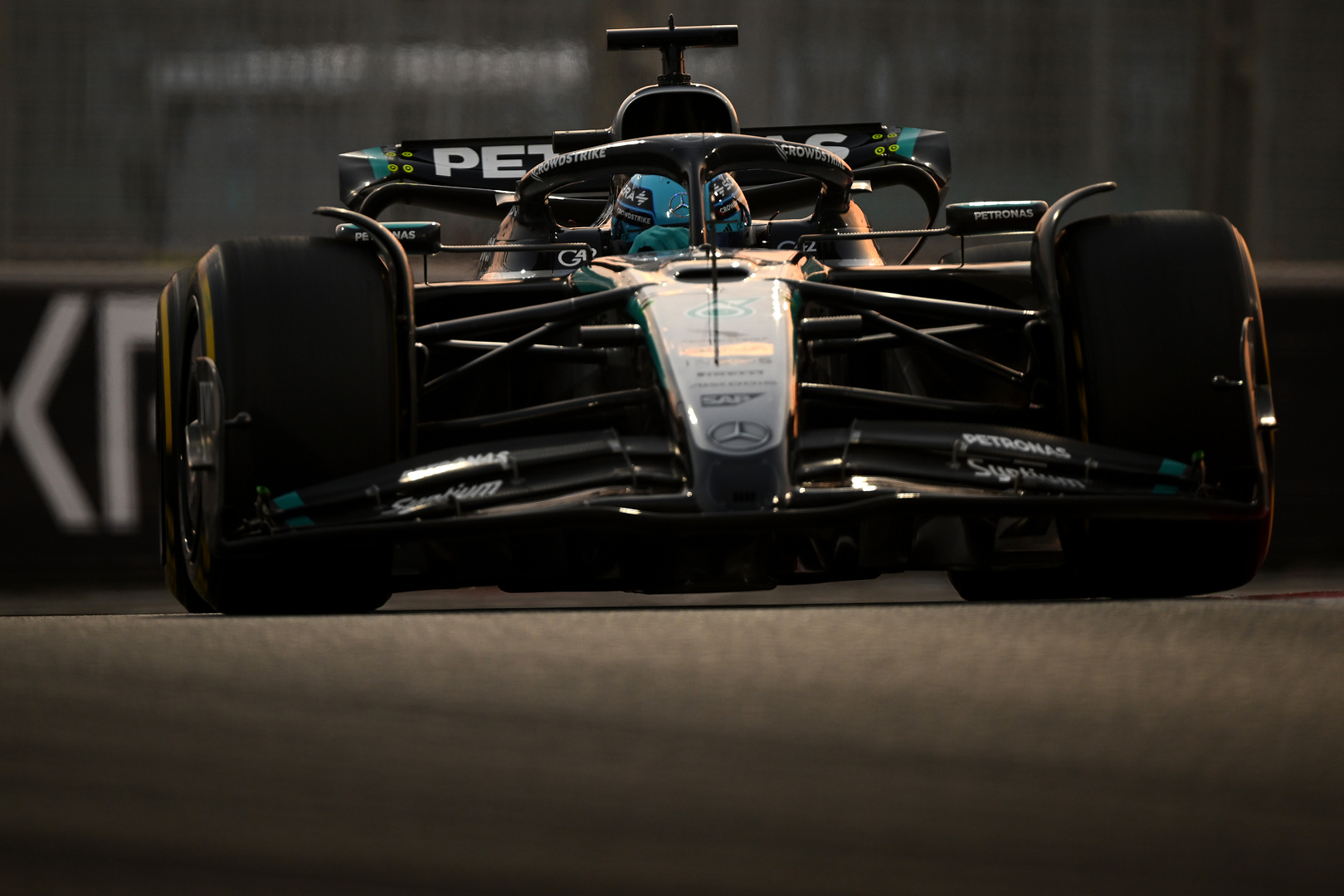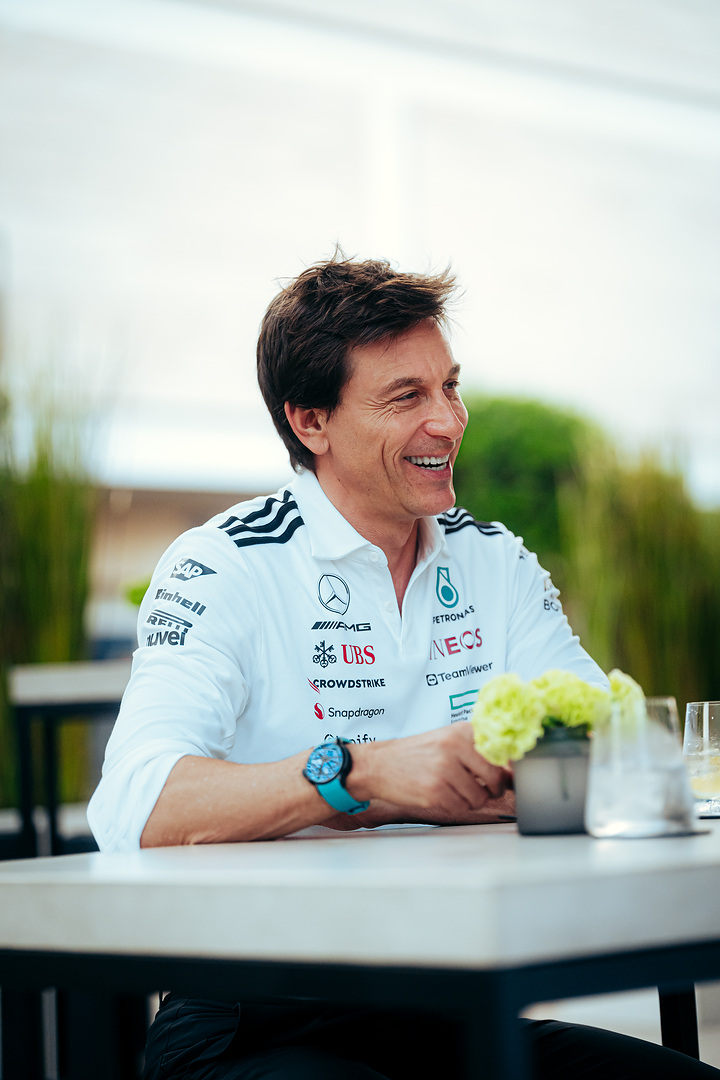This is the second part of Pit Debrief’s exclusive interview with Aston Martin’s Lead brake duct Engineer and former Senior Composite Designer and Reliability Engineer, Sosanna Ní Dhubháin conducted by Giulia Noto, Emma Veschetti and James O’Connor. If you missed the first part, check it at the following link.

Photo credit: Aston Martin Cognizant F1 Team
Continuing our interview with Ní Dhubháin, we had the opportunity to discuss with her how her role as an engineer has changed over the years, and a crucial and important theme such as the figure and the perception of women in Motorsport.
Sósanna Ní Dhubháin has worked in F1 for over 10 years. Starting at Team Lotus in 2011 as a Composite Designer, she then moved to Force India, later acquired by Aston Martin, where she occupied her previous role. In the last two years she also took the reliability role, position that marked a big change in her working routine.
“I’ve always been a composite designer engineer, so I started junior, then a normal engineer, now I’m a senior. In the last two years I’ve taken on this reliability role, which I love doing. I think everyone should have the opportunity to do a little bit of it, cause I think it makes you a better designer.
“The reliability role is a big change, it involves going to the track, it also involves mixing with more people in the factory, so you mix with all different departments, which otherwise you don’t do normally. I love doing it.”
For Ní Dhubháin, Team Lotus was the first stepping stone of her long and successful career now in F1.
A completely different climate waited at Force India, since they were kind a midfield team with chances of podiums if opportunities arose.
Ní Dhubháin explained how she felt regarding the feeling of pressure and the working atmosphere when she moved to her current team.
“It was a much nicer team environment, here. Everyone seems doing much closer, much more collaborative than we were at Team Lotus. Team Lotus was a few months before all went caput.
“I think there was a little bit of pressure, there’s always pressure. I kinda almost put that on myself, rather than other people. Just strive to be better. But I think I survived, and I strived here.
“And now I’m responsible for the front and rear break ducks of the car, which is probably mug written on my forehead for that. I’ve built up a good reputation here, and it’s a good team.”
Aston Martin origins go back to the Jordan team, an Irish team founded by Eddie Jordan in the eighties, and they made their F1 debut in 1991. As an Irish woman, we asked her if she felt sort of a sense of pride having worked here for nearly 9 years at this point.
“Yeah, it’s funny. I do. Someone else mentioned that to me. To me it was the original Irish team. And there’s still people who work here, that worked for Jordan. It’s a pitty though, because we’re moving factory. And they are knocking down the old building and I was like “oh, it would have been nice to just keep it”. There’s a sign when you come in, pass it every day, that says “Dedicated to Bosco Quinn”. I feel a little bit of Irishness here.”
The start of the 2022 season was very tough for the Silverstone-based team. They were very close to the very back of the field.
Over the course of the season, Aston Martin managed to climb back into the midfield, finishing seventh in the Constructors’ Championship, with the hope and goal of achieving increasingly important goals in the future.
“I think the aim is to move up to, hopefully, few more podiums possibly. But than the reliability of all the other teams is so good now that, if you’re not the top 3 teams, it’s very hard to get a podium.”
And to date, things have actually changed a lot. Gaining six podiums in the first part of the 2023 season before the summer break, currently occupying third place in the Constructors’ standings ahead of Ferrari.
The AMR23 has proven to be one of the fastest and most reliable cars currently on the grid. At their worst races this year, they’ve still been able to fight for P9 and P10.
Speaking about the possibility of winning Championships in the coming years, Nì Dhunhain commented:
“It should be [a goal]. We have all the resources, it depends on what the other teams do. It’s almost like we got good at doing a lot with very little. So it’s very different for us now. The whole “cost cap / budget cap” thing changed the way everyone works in F1 now. We have to be a lot more conscious of that kind of thing. But there’s no reason why we can’t, we have everything, we just have to make sure we’re faster than the rest of them.”
But to achieve their ultimate goal, team work, cooperation and communication within each team is essential. Every team member, from mechanics to engineers, must work in harmony.
Ní Dhubháin told us about her personal experience, explaining how it is of fundamental importance that there is a good relationship and no competition inside every working sector.
“I think it’s very important to have very good communication, so we can solve issues as soon as they come up. When I started in the reliability role, we all weren’t too sure of each other, and weren’t sure what to ask and whether you could ask things, where’s now the mechanics will come up to me and tell me the issue, rather than before, where they might have tried to fix themselves, and then you end up with a problem further down the line when something was broken and they didn’t tell you.
“From that perspective, it’s very important for the success of the team to have a good communication. And be friends, have a good working relationship. It’s not a competition between engineers and mechanics. You have to work together.”
Finding female figures in Motorsport is unfortunately still very rare to this day. It’s not that women aren’t interested in roles as engineer or mechanic, but the society somehow led them to think it’s something not made for them, out of their reach. Something that they wouldn’t being capable of.
Almost zero visibility certainly doesn’t help. Girls have in fact a really few examples to follow and look up. And that’s why Susanna Ní Dhubháin has become a spokesperson for all women who have the desire, the dream or even just the curiosity to undertake studies or a career in technical and scientific circles.
She thinks women can be introduced to engineering/STEM and encourages them to consider this path.
“I think visibility of women in motorsport is very important and I think it doesn’t happen enough. I’ve being the only girl in my design team pretty much my whole career. Personally I think women make better designers (laugh), you know, because we can multitask, take criticism better than most people.
“Showing women that it is possible, that you can do it, you do have to make sacrifices but so does everyone. If you want to do something you love, you have to put in the hours, put in the work.
“I’ve gone back to my old school to give career talks to some of the girls. I think that’s what I’ve tried to emphasize, that it isn’t easy, you have to put the effort in, but if you put the effort in, people appreciate it.”
It wasn’t easy for her. As a woman she found herself being judged by the simple fact of being a woman. Making your way into a purely masculine environment, full of prejudice represents a big obstacle. It could lead you to believe that you don’t fit in that environment, as well as having to constantly prove that you deserve to be there. You also get the chance to prove them wrong.
“I think at the start of my career, there was a lot more misogyny, almost. People judging you because you’re there, thinking you’re only there as the talking girl. Like you almost have to prove yourself. Which you shouldn’t have to.
“I think you just have to deal with it and educate people. You can’t say those things anymore. You have the impostor syndrome, which I think is a big thing for women in engineering. I still do it today.
“And I think you have to, not fight back, but speak back and tell people that it’s wrong and encourage them to think about what they’re saying and just do a better job. Prove that you’re better.
“But I hope by me doing it now, it makes it easier for younger people coming through.
In order to spread her message and be an example and an inspiration for the new girls’ generations, she went back to her old school in County Down last year to discuss her experience and path taken.
“It was very exciting, obviously I was very nervous, going back to my old school. Still some teachers there that maybe doubted me in the past. My A-level math teacher told me I wasn’t good enough to do A level maths. So, I proved her. I proved her wrong. I love doing that too. She was there, which was a bit daunting.
“When I was at school, we never had encouragement to do engineering. We had doctors come in, nurses, lawyers. But we never had a push do to engineering and I just hope that me, being there, might encourage just one other girl even think of doing engineering.
“I think, even if you don’t do Motorsport, or if you don’t work in engineering, it’s a very good degree to have because it’s very broad. I know engineers who are bankers, who have gone to all sorts of things. Encouraging engineering to girls is a good thing.”
At the end of the interview we concluded asking her what it was like to work with Sebastian Vettel, who had already announced his retirement. The five times World Champion had always proven to be very cooperative with the team and always work closely with mechanics and engineers.
“He’s lovely, I loved working with him. He’s always so friendly and very helpful. He would provide feedback of the car. He would never really be negative, always be positive. I loved his enthusiasm for the environment and gay rights. He was just lovely to be around and a positive influence.”





